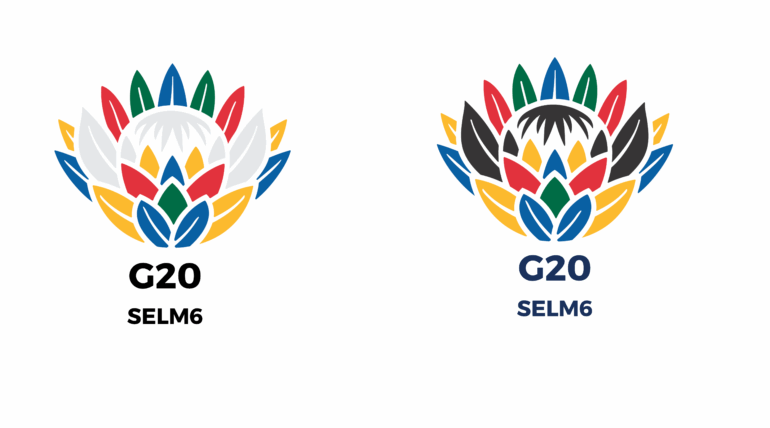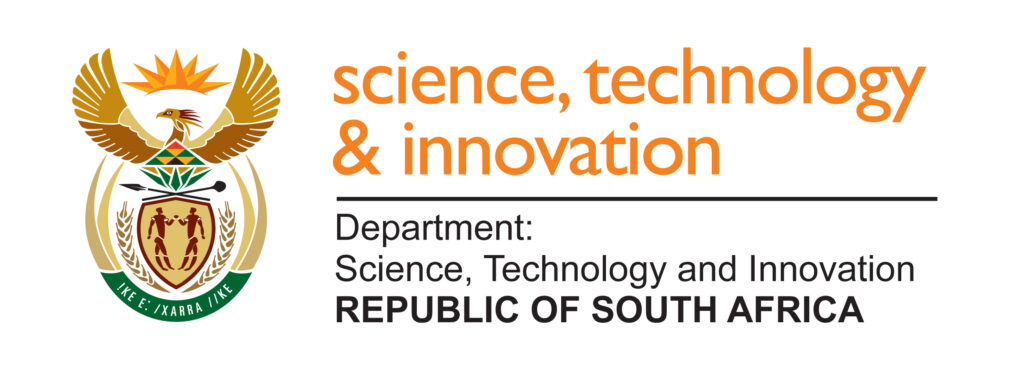
July 3, 2025
As South Africa continues its G20 Presidency in 2025, the country’s leadership in the space sector took centre stage during a high-level virtual session as a lead-up to the 6th Space Economy Leaders Meeting (SELM), set to take place in September this year. The meeting brought together heads of African space agencies to strengthen regional cooperation and align the continent’s ambitions with global space and economic development agendas.
Chaired by the Department of Science, Technology and Innovation (DSTI) and hosted by the South African National Space Agency (SANSA), the information-sharing session included representatives from Algeria, Angola, Egypt, Ethiopia, Gabon, Ghana, Namibia, and the Democratic Republic of Congo (DRC).
Strengthening African Collaboration in a Global Context
In his opening remarks, SANSA CEO Humbulani Mudau, welcomed delegates and highlighted the importance of the session in preparing African partners for deeper engagement in the G20 process. “We are honoured to host this information-sharing platform with our African space partners,” he said. “Together, we must ensure Africa is informed, prepared, and aligned as developments unfold within the G20 and beyond.”
With the global space economy projected to reach $2 trillion by 2025 and Africa’s own sector forecast to grow to $26 billion by 2027, the urgency of coordinated regional action was clear. Delegates agreed that Africa must position itself strategically to harness this economic potential — not only for innovation and industry growth, but also to create jobs, support youth, and enhance inclusive development across the continent.
Shared Vision and Priorities
Delegates underlined that capacity building is a pillar for making African space sectors sustainable and emphasised the importance of international partnerships in achieving this goal and secure its place in the growing global space economy.
The delegates expressed gratitude for the opportunity to collaborate with SANSA and South Africa in the upcoming SELM meeting and the importance of continued cooperation.
Key Themes: Equity, Innovation and Youth
Several common priorities emerged throughout the session:
- Operationalisation of the African Space Agency was widely supported as a flagship continental initiative.
- A unified call was made to ensure space solutions are tailored to local development needs, such as transportation, agriculture, and climate monitoring.
- Delegates identified policy frameworks as crucial for managing space debris, satellite traffic, and orbit safety, in line with guidelines set by the United Nations Office for Outer Space Affairs (UNOOSA).
- Africa’s geographical advantage in satellite observation and radio frequency access was noted as a unique strength.
- Investment in human capital and the proposed establishment of a Pan-African Space University were emphasised as foundational steps toward long-term success.
Towards a Joint African Statement at G20
A recurring theme throughout the discussions was the need to present a joint African statement at the upcoming G20 meetings — a proposal welcomed by all participating agencies. “Let us strengthen our partnerships and speak with one voice,” urged one delegate. “This is our time to show unity and vision.”
In his closing remarks, SANSA CEO, Humbulani Mudau, reinforced that Africa must prioritise space as a driver of economic development, particularly in the face of growing challenges like climate change. Citing a recent World Economic Forum-Deloitte report, he noted that Earth Observation alone could exceed $700 billion by 2030 — an area where Africa’s space capabilities can offer crucial insights.
Conclusion
The G20 Information Sharing Session was not only a platform for dialogue — it marked a strategic moment of alignment for Africa’s space leaders. By deepening regional collaboration and connecting it to global frameworks such as the 2030 Agenda for Sustainable Development and the UN’s Pact for the Future, African space agencies are laying the groundwork for a more unified, capable, and impactful role in the global space ecosystem.


